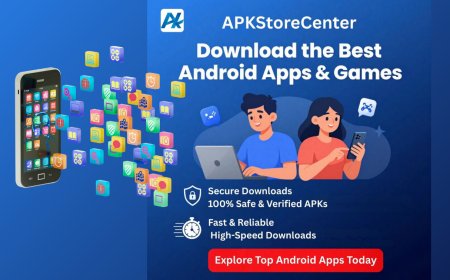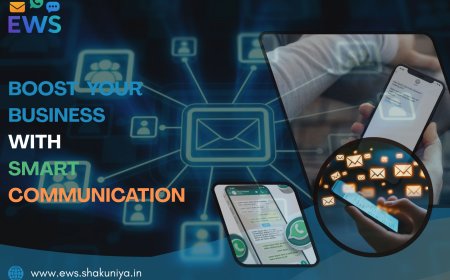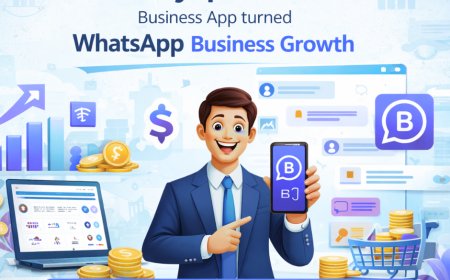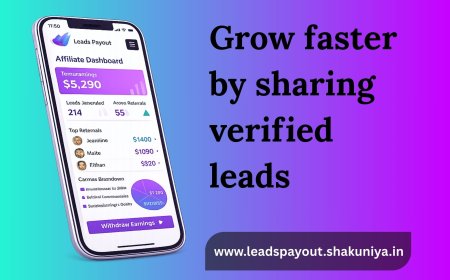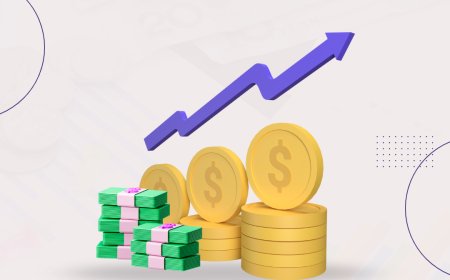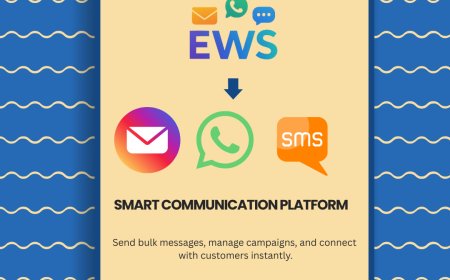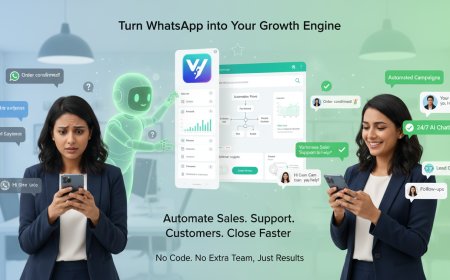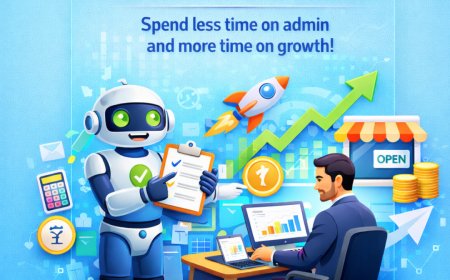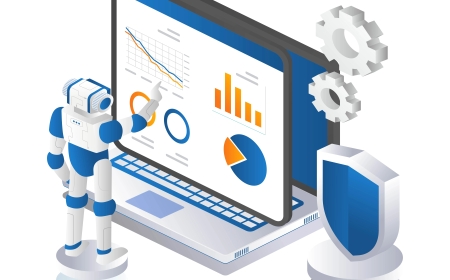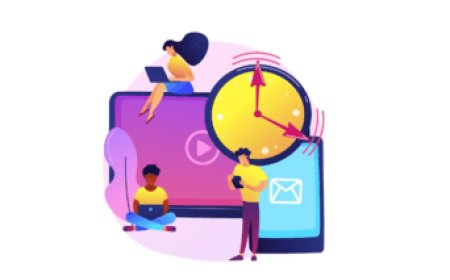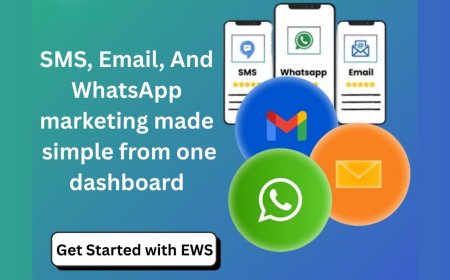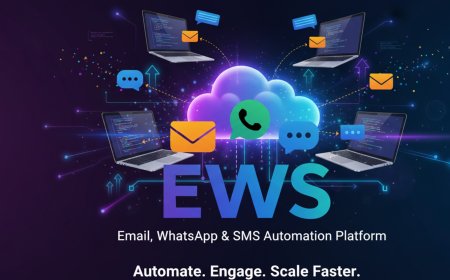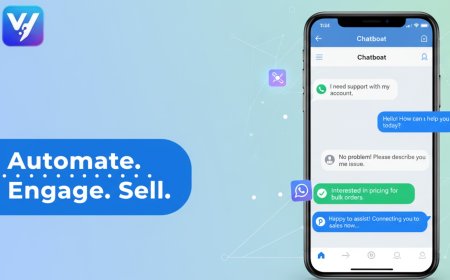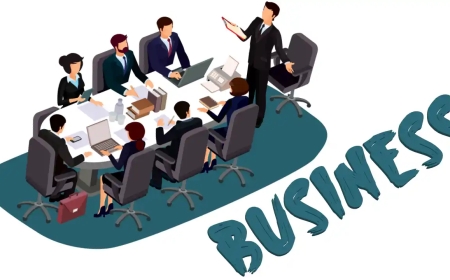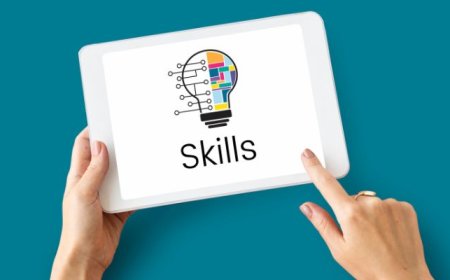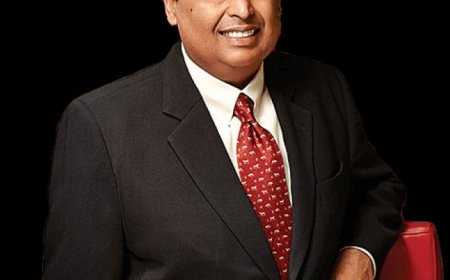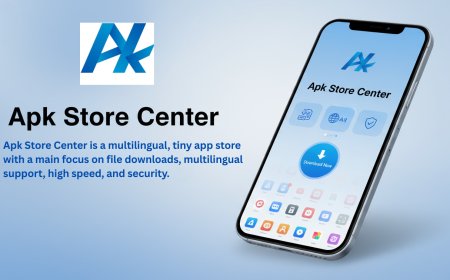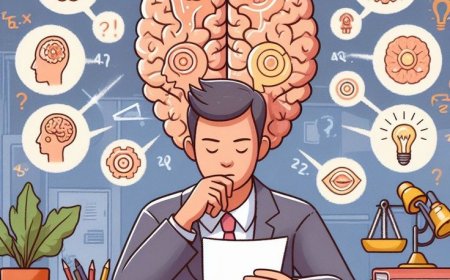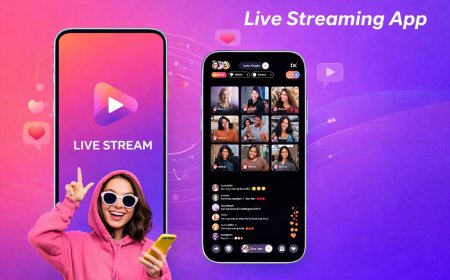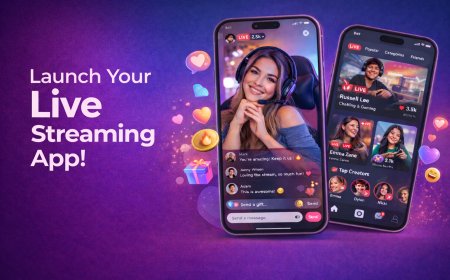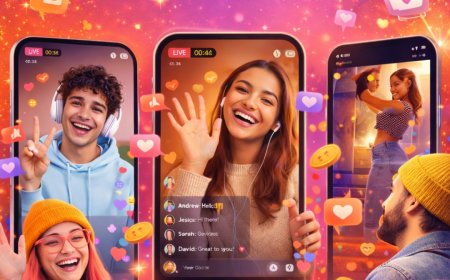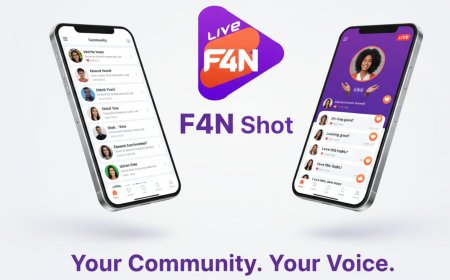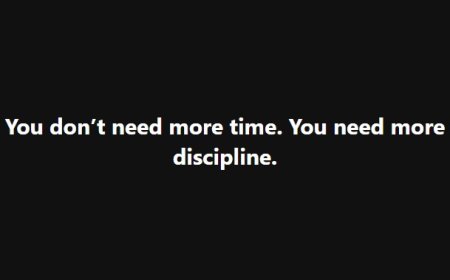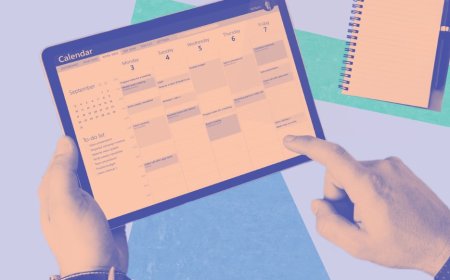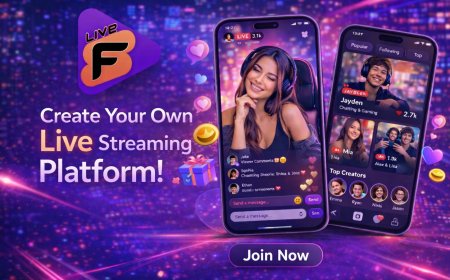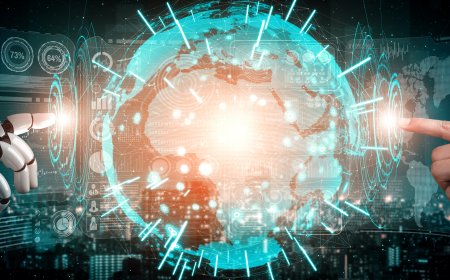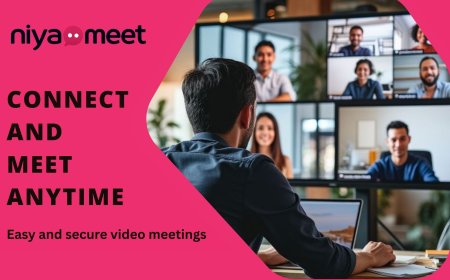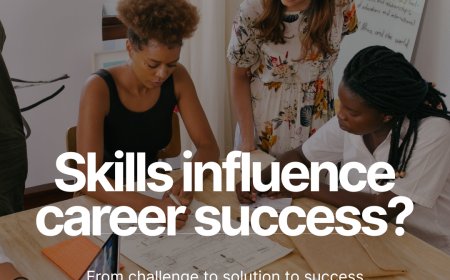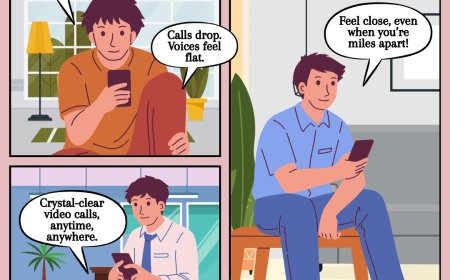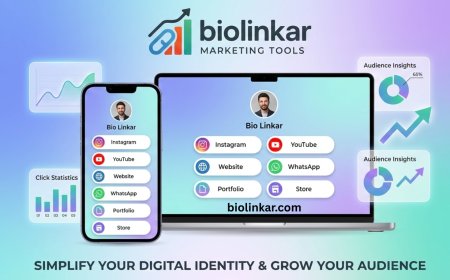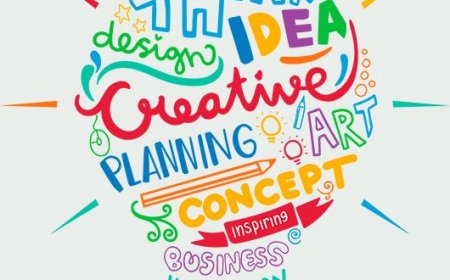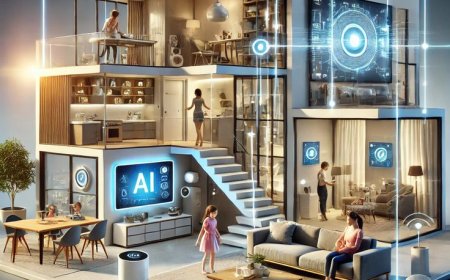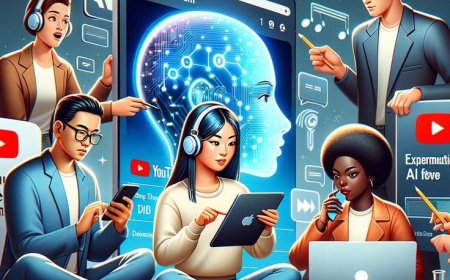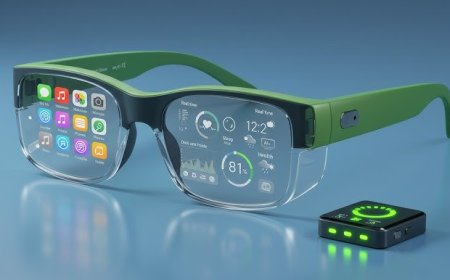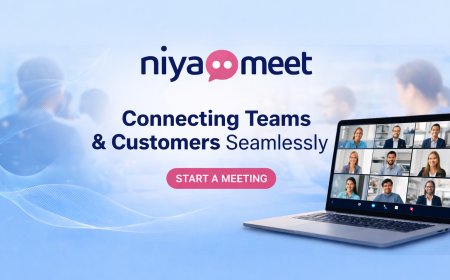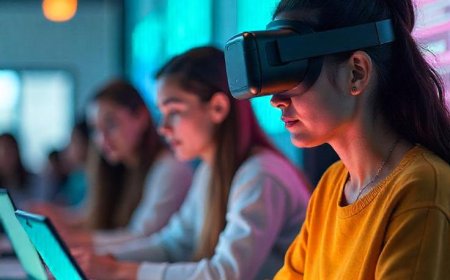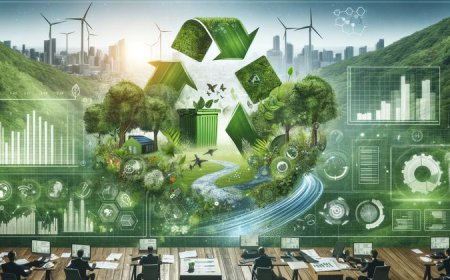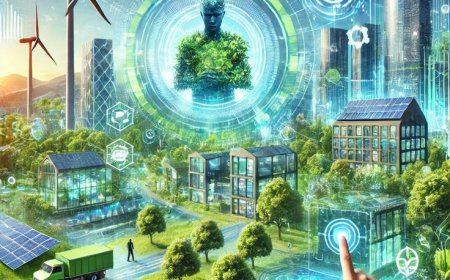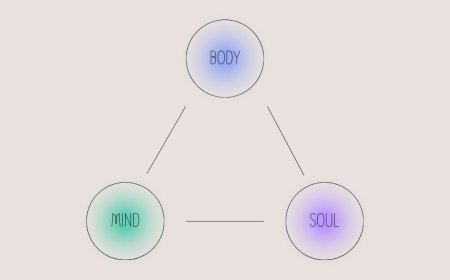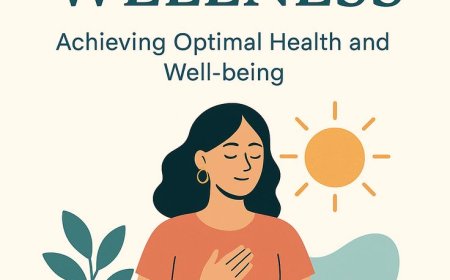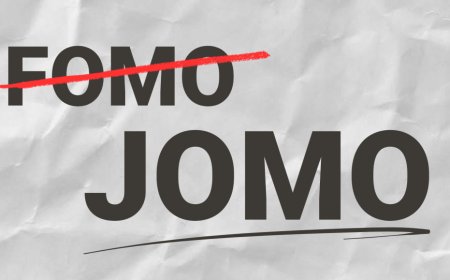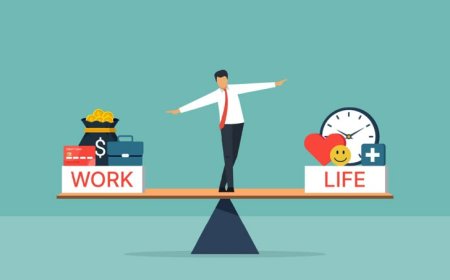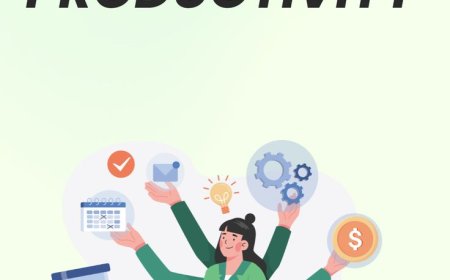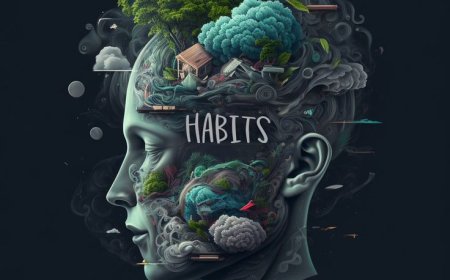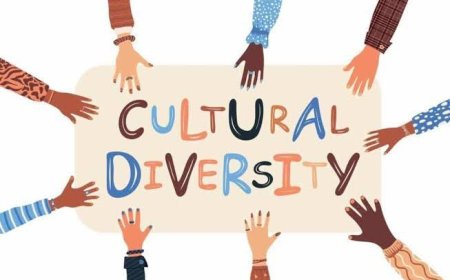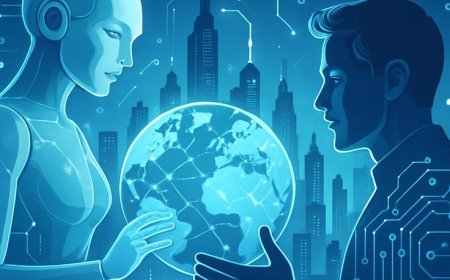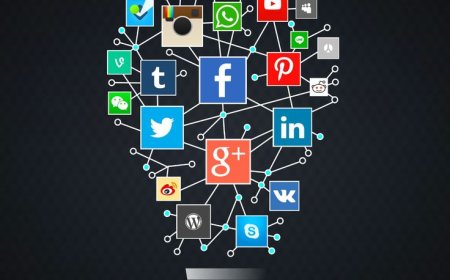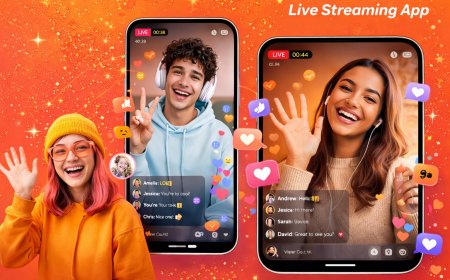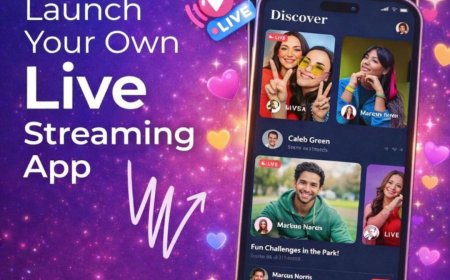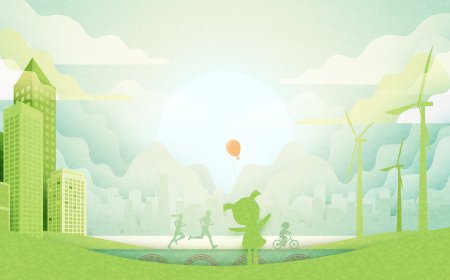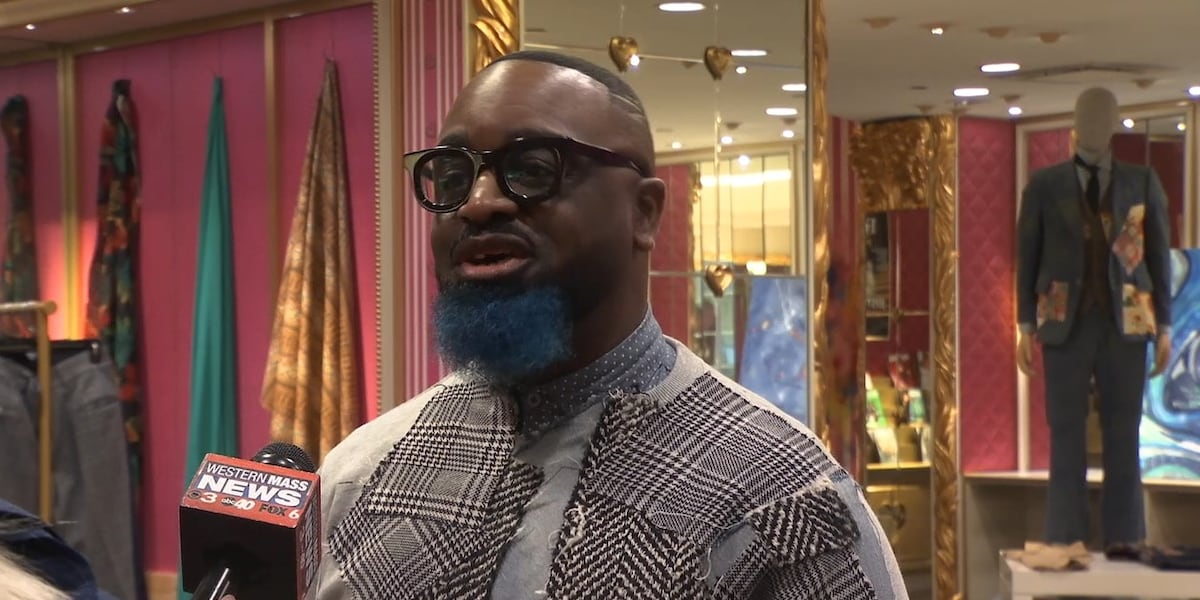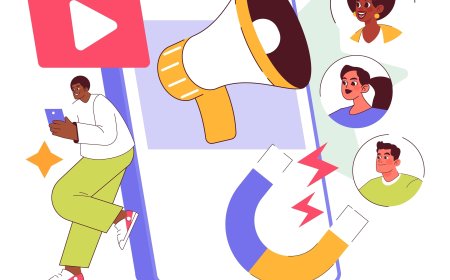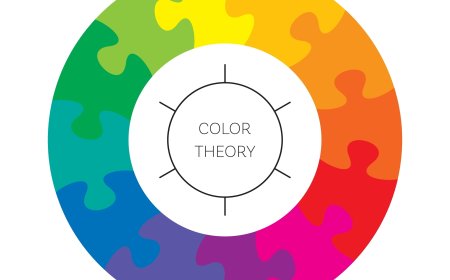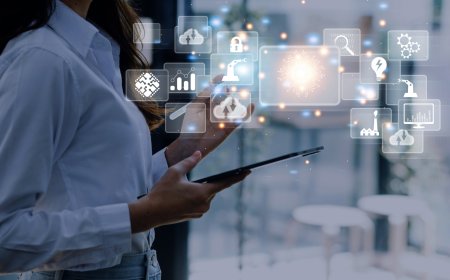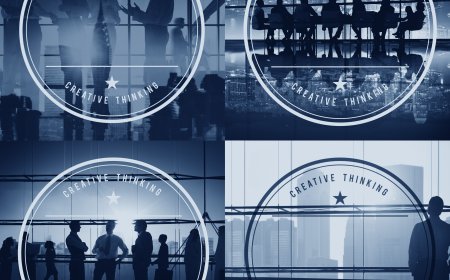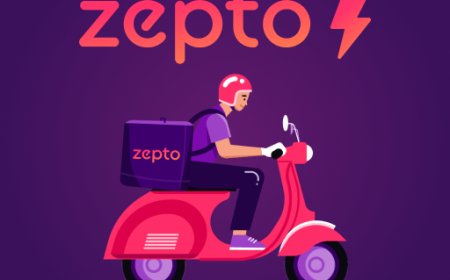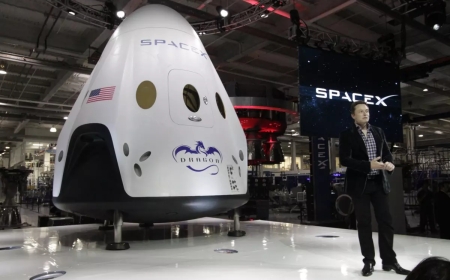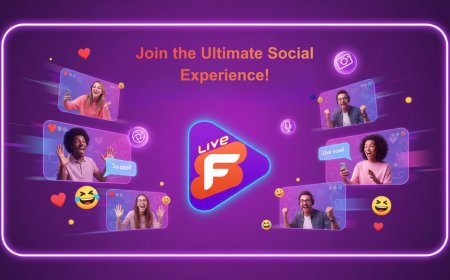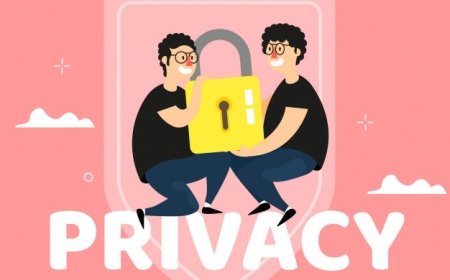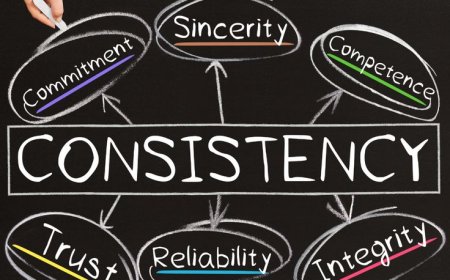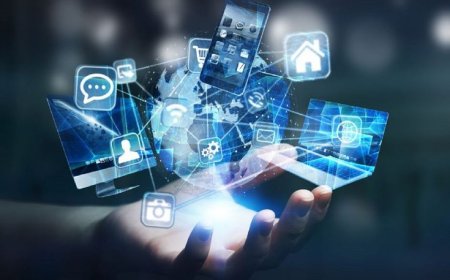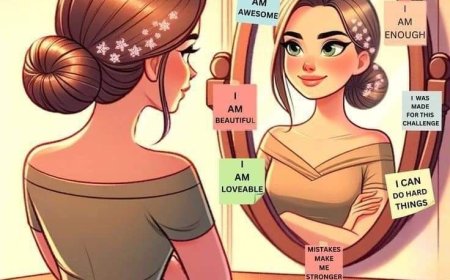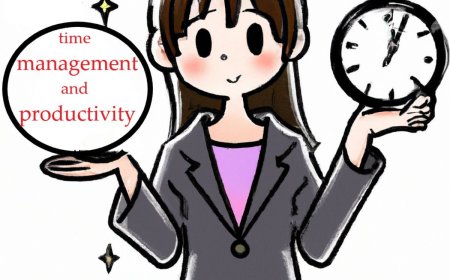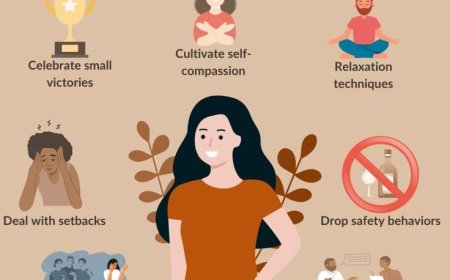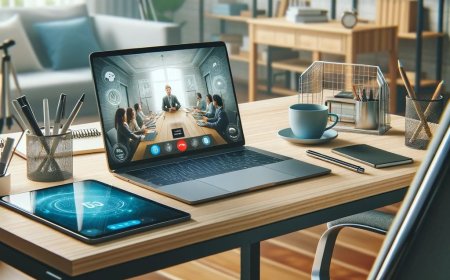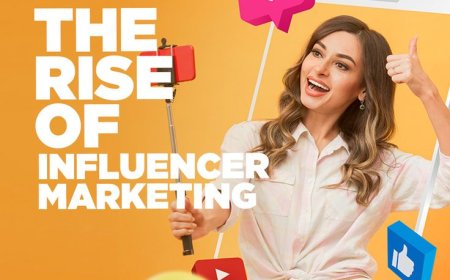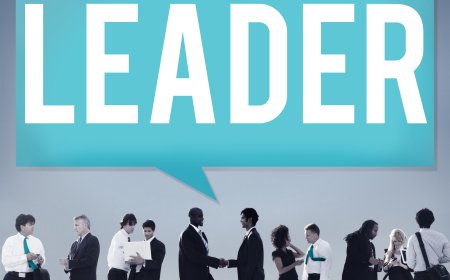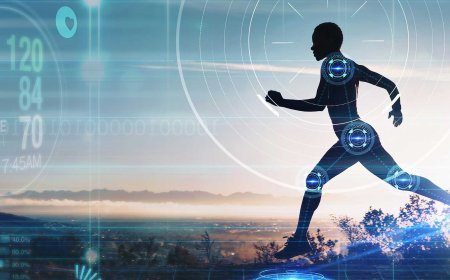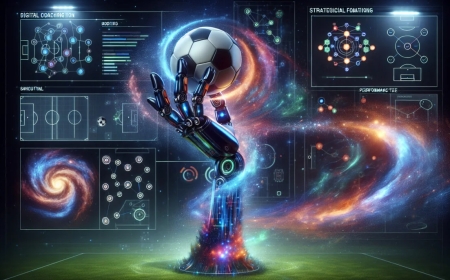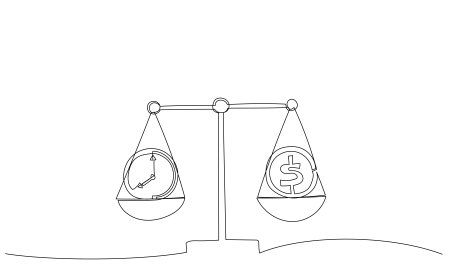Times are a'Changing. Gen-Z is in the Workforce, and Here's How Companies are Responding.
As Gen-Z enters the workforce, companies are rethinking culture, leadership, and work models to meet new expectations around flexibility, values, and technology.

Think of your most liked social media platform, for example, Instagram or TikTok—what if it turned into your workplace? That's pretty much how young people from the last generation now entering the job market feel everywhere around the globe!
This last generation is referred to as Generation Z, and so simply as Gen Z. They are the ones who have not known anything else but smartphones, the internet, and social media; they have been in them since their birth. They are now in offices, factories, and start-ups, and will not only change the work manner but also the work duration forever.
So, who is this incredible bunch, and what are firms doing to stay in the game? Let us have a glimpse at the future of work!

Who is Gen Z and Why Do They Matter?
Before getting into jobs, let us first define the group in question.
The Gen Z Age Group
Gen Z consists of individuals primarily born during 1997-2012. If a child is aged 10-12 years now, then he/she is a member of Gen Z! However, the ones entering the job market are the ones who are in their mid-twenties to late-twenties, the older ones of the generation.
The younger generation of adults is the very first reality of digital natives in the history of humanity. They don't have any memories of the existence of Wi-Fi, Google, or texting without delay, so they are fast, tech-savvy, and super-connected.
What Gen Z Cares About at Work
When Gen Z is looking for a job they won't only consider the monetary factor. Besides paying well, they will be after three main features that are extremely different from the previous generations:
Purpose
They are after jobs that will have a positive impact on society. The company may be poor in terms of fighting climate change; it may still be a good one if it is fair to people.
Flexibility
They will not be able to work effectively if they have to come to the office every day from 9 to 5. They will prefer working a few hours at home (the hybrid model) or picking their own hours as long as the task is completed.
Mental Health
They put a lot of emphasis on being happy and healthy in all spheres of life, and even at work. They think it is the employer’s role to support, not hinder, the employee's well-being.
Thus, this is the atmosphere that Gen Z is creating in the workplace. If companies choose to overlook these new regulations, then they will lose the brightest young talents!

Companies Play Their Cards Right: The Major Transformations
The situation regarding Gen Z is such a good example of a situation where you really cannot say no to the customer. So it is a complete and total change in the business world!
No More Fixed Desks! (Hello, The Office of the Future!)
This change mainly affects the way of working. It used to be that everyone had their own desk they would occupy every day. The young generation of employees has quite a different preference!
A New Way Of Working
Organizations have finally accepted that remote working is the future and are thus letting their employees decide how to manage their own time at the office. The workers will only be required to come in for face-to-face interaction a couple of times a week, while the rest of their working time will be at home.
An Example From Life
Various international surveys, including those by Deloitte and Randstad India, reveal that a major part of the Gen Z employees prefer the option of either working from home or in a hybrid style. The tech giants, such as Google and Microsoft, while urging people to come to the office sometimes, have continued to offer flexible schedules because they realize that flexibility is a very important factor that determines why people choose one job instead of another. Also, they know that no one benefits from sitting in traffic for two hours!
The Search for Purpose (More Than Just Money)
Generation Z is really curious about asking the question, “Is my employer somehow contributing to the world or the opposite?”
The Turnaround
Corporations are very vocal about their social and environmental objectives. The focus on profit has been reduced. They are making their Corporate Social Responsibility (CSR) known to the public.
An Example From Life
Various international surveys, including those by Deloitte and Randstad India, reveal that a major part of the Gen Z employees prefer the option of either working from home or in a hybrid style. The tech giants, such as Google and Microsoft, while urging people to come to the office sometimes, have continued to offer flexible schedules because they realize that flexibility is a very important factor that determines why people choose one job instead of another. Also, they know that no one benefits from sitting in traffic for two hours!
Mostly, the big corporations, particularly in Europe and North America, have now started to release comprehensive reports regarding their sustainability practices (such as minimizing plastic use or utilizing renewable energy). They have come to realize that when the matter of hiring Gen Z arises, a powerful cause is just as needed as a powerful salary. As an example, insurance companies such as Zurich have publicly stated that they will need to meet Gen Z's expectations through meaningful work experiences in order to unlock their full potential. They are taking the necessary steps to ensure that their young employees recognize the influence of their daily work.
The New Way of Management: I Want Feedback Right Away!
For the previous generations, it was common to receive feedback from a superior once a year in an intimidating and large review meeting. Generation Z considers it too slow.
With instant notifications being part of their life since birth, Gen Z at the workplace expects the same instant communication.
The Shift
Managers are abandoning annual reviews. They are now implementing regular check-ins—short, frequent conversations every week or two—to provide immediate feedback. This is a significant aspect of dealing with Gen Z.
The Justification
Gen Z employees are very eager to learn. In the event of their committing an error, they would prefer to rectify it immediately, rather than wait for half a year. This not only empowers them but also gives them a sense of feeling that their boss is helping them grow.
Focus on Mental Health
Gen Z does not hesitate to talk about mental health issues at all, and these include stress and anxiety. They take it for granted that their workplace will not be damaging to their mental health but will rather be a source of support.
The Change
A lot of organizations now have mental health days (the additional paid-off days that are basically for relaxation and re-energizing your mind), free counseling and therapeutic services, and stress management exercises and trainings as part of their staff benefits.
Real-Life Example
The research indicates that Gen Z is more prone to anxiety compared to their older counterparts. Therefore, some major Indian IT and consulting companies have started to promote their employee assistance programs (EAPs) and mental health benefits prior to application for a job, thus indicating that wellness has already become a major factor in their hiring strategy.
The Future of Learning: Always Growing
The rapid changes in technology have made it clear to Gen Z that they have to keep on learning new skills.
The Change
Organizations have come up with a very high investment in the area of continuous learning. They provide online courses, certifications, and mentorship programs at no cost. They also make "latticed" career paths, which means you can move sideways to learn new skills, not just straight up the ladder.
Why it Works
This meets the Gen Z need for advancement. According to reports from Randstad India, this generation of workers is not willing to stay at the same company for 40 years; they will change jobs if they do not see clear advancement. By providing constant opportunities to learn new skills (particularly in AI and digital tools), companies are showing their commitment to the workers' future, which is a major strategy in working with Gen Z effectively.
Wrapping Up: Your Future Workplace
The arrival of Gen Z in the workforce is akin to a total reset of the business universe. They have been the driving force behind the transformation of companies to be more human, more adaptable, and more principled.
Was it an easy task? Not at all! The older generation of managers often find it hard to comprehend the new breed of employees who want to work from a café and demand to know the climate policy of the company. However, these transitions are unavoidable and are going to last.
Next time you indulge in a video game, scroll through TikTok, or do some coding on a tablet, think about it; these will be your skills and your inclination towards a better world, which are the main drivers of the most significant changes in the workplace. The companies that are doing good and would be the ones that are really listening to the voice of your generation!
What's Your Reaction?
 Like
0
Like
0
 Dislike
0
Dislike
0
 Love
0
Love
0
 Funny
0
Funny
0
 Angry
0
Angry
0
 Sad
0
Sad
0
 Wow
0
Wow
0
